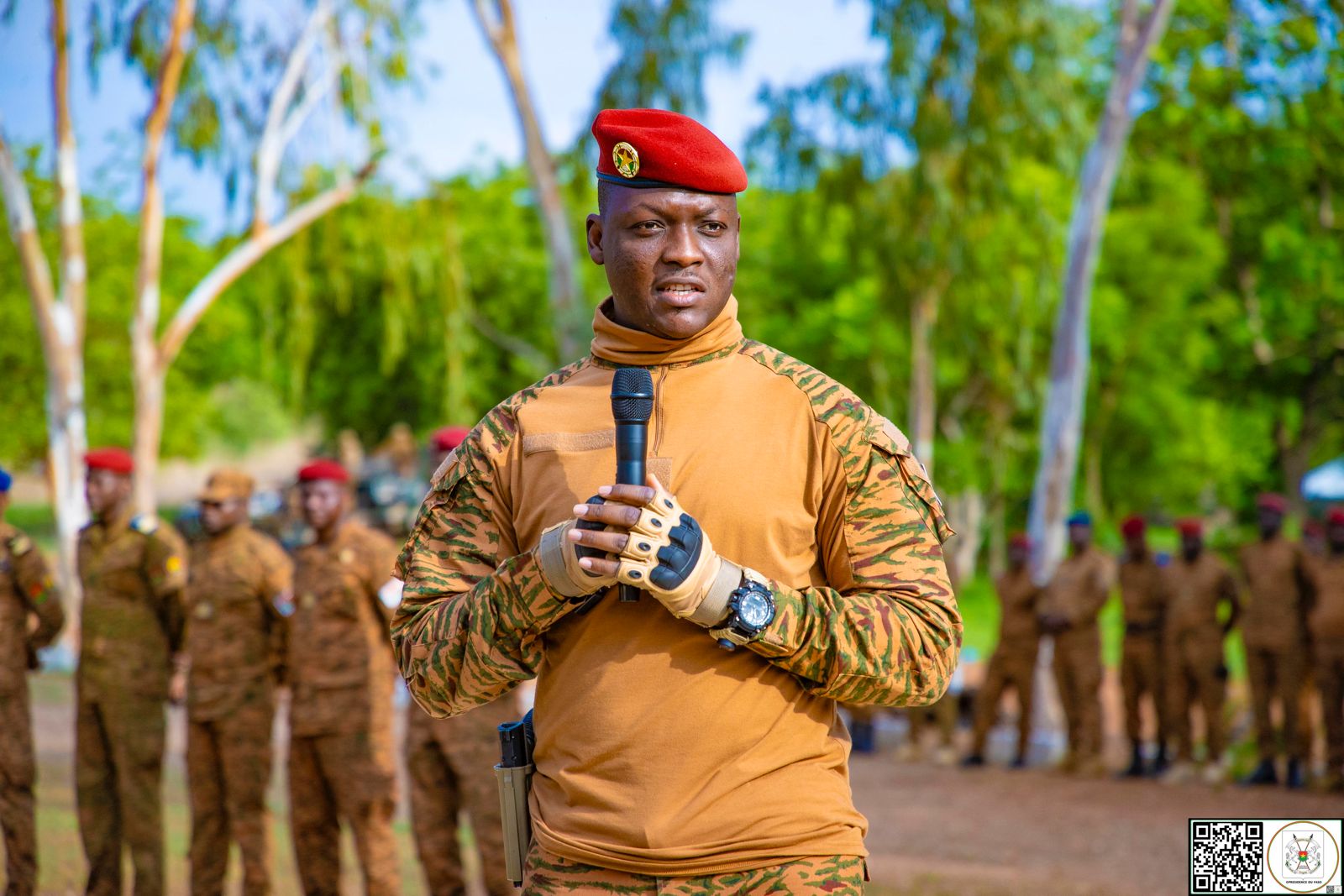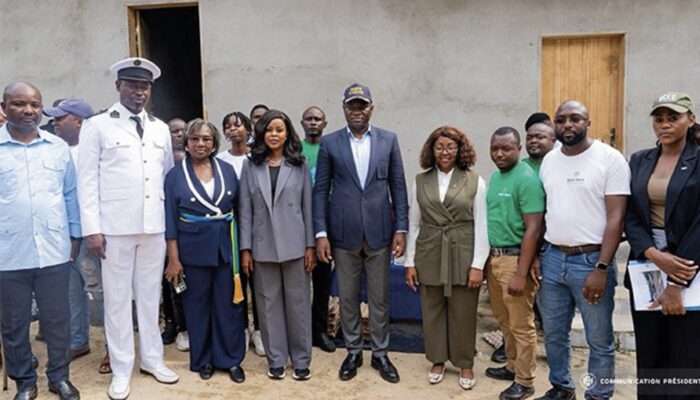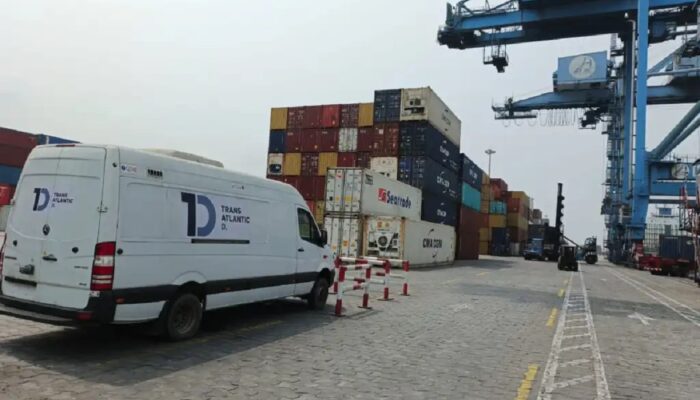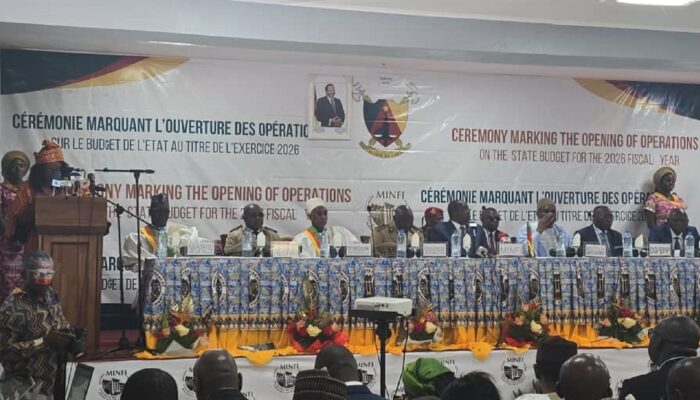An announcement has sent shockwaves through the West African economic landscape: in less than two years (October 2022 – Q1 2024), Burkina Faso has generated $18 billion (nearly 11,000 billion FCFA) from its gold exports. Far from being a simple statistic, this colossal sum is the first tangible symptom of a radical structural transformation.
Under the impetus of disruptive leadership, the country, long ranked among the world’s poorest, is leveraging this strategic resource to finance an ambitious societal project focused on security, endogenous development, and a decisive break from dependency.
1. The End of Dependency: Capital for Sovereignty
This $18 billion represents more than just liquidity; it represents sovereignty capital. For a nation engaged in an existential fight against terrorism, this financial autonomy is the cornerstone of its strategic independence.
In concrete terms, this windfall allows Captain Ibrahim Traoré’s government to finance its rearmament and security operations without submitting to the conditionalities of so-called “development aid.” This is a fundamental rupture from a model where external aid, often criticized for perpetuating dependency, dictated national policies. Burkina Faso is now paying for its own security, the first essential step toward total political and economic sovereignty.
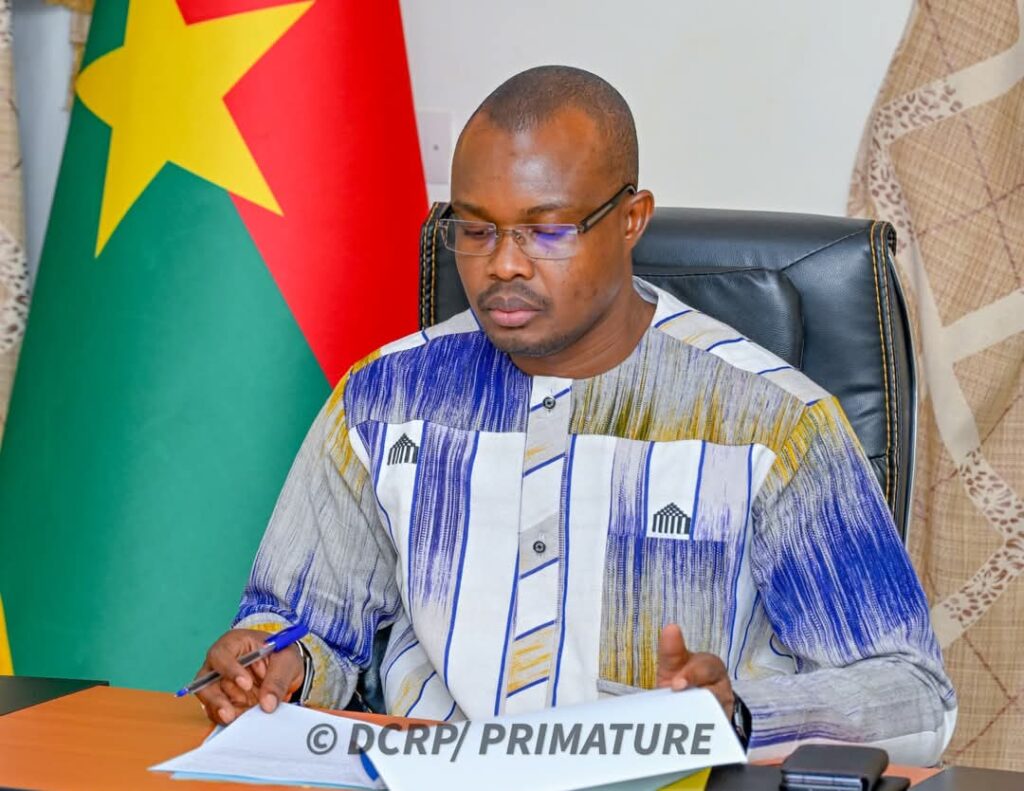
2. From War Chest to Peace Dividend
While the immediate priority is security, this financial capacity opens unprecedented medium-term development prospects. Once stability is restored, this “war chest” can be redirected into a “development treasury” to attack the very roots of poverty.
Revitalizing Infrastructure: With such budgetary power, the state can once again become the nation’s primary investor. This signals the relaunch of major structural projects vital to the economy:
- Transport Networks: Building roads and railways to open up agricultural and mining production zones.
- Energy Infrastructure: Access to reliable, low-cost energy is the prerequisite for any industrialization.
- Social Infrastructure: The construction of hospitals, health centers, and schools to strengthen human capital.
3. Towards Full Employment: A New Social Contract
The fight against unemployment, especially among the youth—a fertile ground for instability—is now a tangible objective. The government’s strategy creates jobs on multiple levels:
- Direct Jobs (Short-Term): Massive investments in public works (construction) and the defense forces are immediate, large-scale employers.
- Indirect Jobs (Mid-Term): Cleaning up the artisanal mining sector and securing the territory allows agricultural and commercial activities to resume, stabilizing the rural economy.
- Skilled Jobs (Long-Term): The government’s forward-looking vision does not stop at extraction.
4. The Foundational Act: The National Refinery
The most potent strategic move is the launch of the first national gold refinery. This is the ultimate symbol of the shift from an extractive economy to a productive one.
With a planned capacity of 400 kg per day at 99.99% purity, Burkina Faso will no longer be content with selling a raw material subject to market volatility. It will control the value chain, capture a significantly larger share of the profits, and create high-skilled industrial jobs.
By processing its gold at home, the country positions itself as a serious player on the global market and guarantees sustainable revenue to finance its rise.
Burkina Faso, driven by patriotic leadership and the rigorous management of its resources, is executing a pivotal turn. The $18 billion is merely the first installment from a country that is no longer asking for aid, but is instead using its own capital to build its infrastructure, create jobs, and, finally, choose its own destiny. This is a case study that its continental neighbors will undoubtedly be watching closely.



